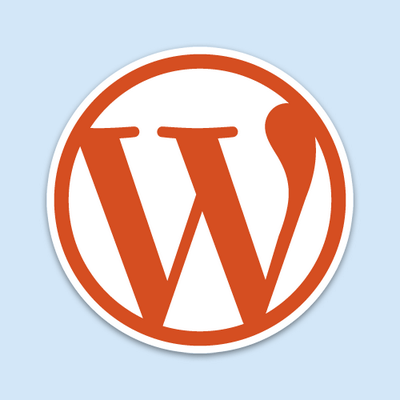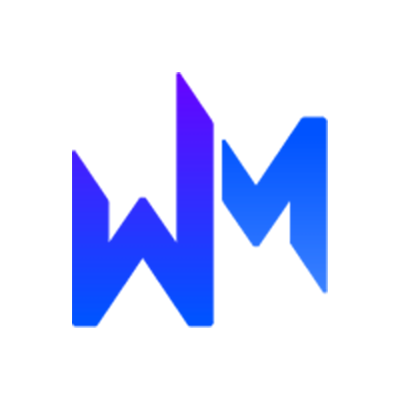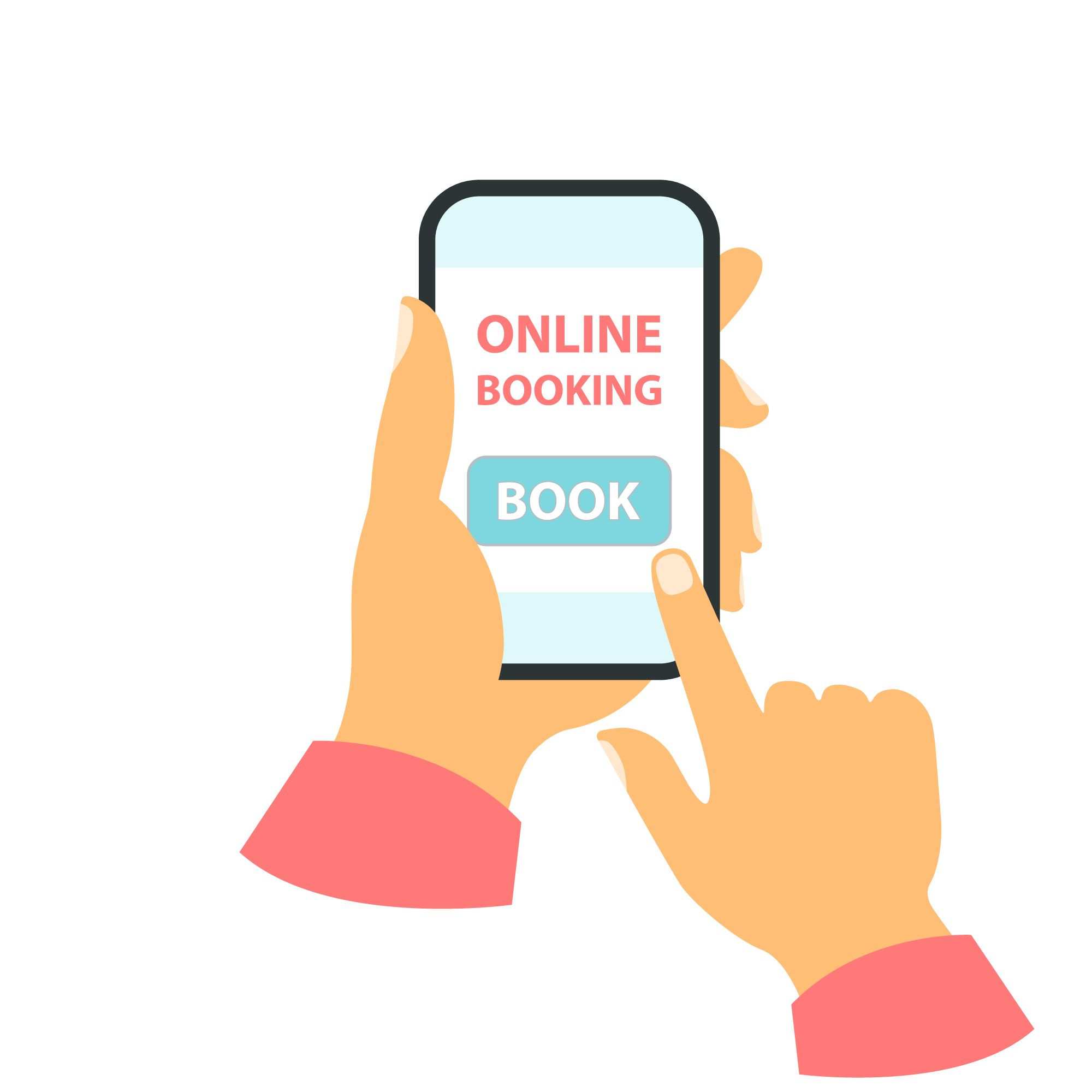What Steve Jobs and Apple Have Done for Businesses

 In light of the changes that are brewing over at Apple, here is a look at how Steve Jobs has built the company to become one of the most profitable and dependable companies for businesses, and people, in the U.S. and around the world.
In light of the changes that are brewing over at Apple, here is a look at how Steve Jobs has built the company to become one of the most profitable and dependable companies for businesses, and people, in the U.S. and around the world.
The History
Many moons ago, most businesses didn't even use computers, believe it or not, but that all changed in the 1980s thanks to a host of innovations coming out of Silicon Valley in California, many of which were pioneered by Jobs and Apple.
Today, Macs are the go-to standard computers for many industries and have been for well over a decade.
The innovations that Jobs and partner Steve Wozniak made in personal computing during the late 70s and early 80s are widely known and often imitated, and many of their creations have helped to popularize personal computer usage.
Of course, as the story goes, Bill Gates and Microsoft won the Silicon Valley War of the 80s and Windows was unquestionably the dominant name in technology during the 90s. However, in 1996, Jobs returned to Apple and re-imagined the company's future. The result would, as Apple found itself doing many times in the coming decade and a half, permanently change the way businesses use computers.
Mac
Today's Macintosh variants, known as the iMac, run on Apple's Mac OS and offer business owners many unique and inventive features.
The computers use an iPad or iPhone-like interface (which, at this point, is familiar to almost everyone, even those who don't own either device) that handles a variety of applications that can be relevant to almost any business. Among these applications are some Apple standards that prove to be both simple and useful: Safari, their built-in Web browser, iCal, a calendar app that lets users maintain schedules, appointments and to-dos, Address Book and Time Machine, which allows you to easily back up your data in case of an emergency. Macs can also be integrated with little to no effort with iPhones or iPads, two of the most widely-used smartphones and tablets, respectively.
The Mac OS Dashboard allows users to easily track everything that is running on their computer at one time, which makes navigating through and keeping tabs on everything you're doing much simpler.
Part of why Macs have caught on for many businesses is because of their strong, natural defenses that are built into them. Apple's safe and secure design protects them against almost all types of viruses or malware by providing in-depth security at all levels of operation, from hardware to OS to apps. Macs provide businesses with a simple and cheap method of keeping their hardware functioning and their data safe.
Macs also offer compatibility with the always popular Microsoft Office line of software, which is usually the default software used by businesses who start out using PCs. This makes the transition from PC to Mac mostly seamless and helps Mac users by giving them an option for sharing files among customers or coworkers who may be using Office. What makes this unique to Apple is that they build their Macs with the intention of being Office and PC-file compatible, so there is no messy transition and data can be easily transferred among the two.
iPhone and iPad
Just like anything Apple does, these two products have changed everything.
When the original iPhone was released in 2007, the mobile industry did not know what hit them. Consumers gravitated from feature phones to smart phones the same way that bees gravitate to flowers.
The iPhone soon became a top pick for people within the business world, not only for its email, calendar and GPS capabilities, but also because of the compatible software like iTunes and the App store.
As newer versions of the iPhone are released, better features for businesses have also arrived, such as apps that allow for sharing, editing and viewing documents like Pages, Quickoffice and GoDocs. Other apps like Dropbox, Evernote and WebEx Meeting Center, also prove valuable with features that make keeping up with online meetings, managing to-do lists and accessing business data on the go easier. However, these apps are only a glimpse of the more than 425,000 apps currently available in the App Store.
This brings us to the iPad- the mother of all tablets.
This tablet, originally released in 2010, is only in its second generation, yet it already has been implemented into many businesses. It has the app power of the iPhone, yet with the web-surfing capability of a laptop. The iPad can be valuable to almost any type of business, with abilities to share Keynote and Powerpoint presentations, view and edit important files and access CRM databases.
Most recently, United Airlines has even implemented the iPad into their cockpits by giving all of their pilots iPads to replace paper flight manuals. Additionally, the iPad has been a good tool for the ecommerce world. With apps like Catalogue from The Find and Google Catalogs, the iPad has given ecommerce merchants a new avenue to display and sell their products to consumers.
Both of these products have changed how media works. From iTunes to the App store, these devices and their software have stayed unique and innovative- and the proof is shown in Apple's earnings- With more than 20.34 million iPhones and 9.25 million iPads sold.
iCloud
Though the revelation of the iCloud is a fairly recent one, signs point to Apple's foray into cloud technology could have major implications for businesses in the future.
Many forecasters see the iCloud as being especially useful for businesses and professionals who often find themselves out of the office or on site and who need immediate and easy access to various data, such as documents, images or sound clips.
In short, iCloud could allow businesses to put all of the electronic data that they need in one place, which could be especially useful for small business owners. The cloud will work like a hard drive that businesses can use to store data in, but that can also be accessed from numerous devices.
Of course, as is the case with Apple, their own products and hardware will be the most easily integrated with the iCloud. Business owners who use Macs, iPhones, iPads or all three will have easy compatibility and access to the iCloud, eliminating the hassle of trying to manage all of their data among multiple devices and locations.
The Difference
What really sets Apple apart from other computer hardware and software companies, though, is their support. They offer one of the most knowledgeable and helpful support staffs available on the market, because even those owners who fancy themselves to be highly computer literate may be lacking in some areas. Besides that, business owners, especially those running a small or medium-sized business, are always busy and may not have time to sit down and hammer out a hardware or software problem. Since Apple integrates all of their own products rather than bringing in a different OS to run on their devices, any and all questions that an owner may have can be answered in one convenient location. This saves both time and money for business owners in need of a quick computer fix.

Subscribe to Our Newsletter!
Latest in Software







